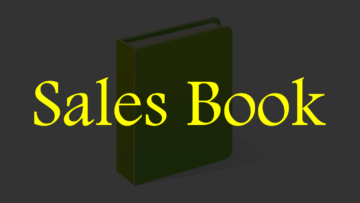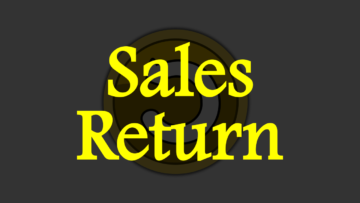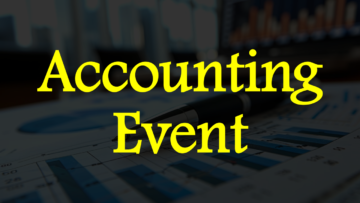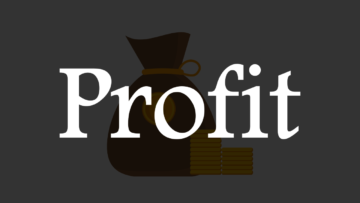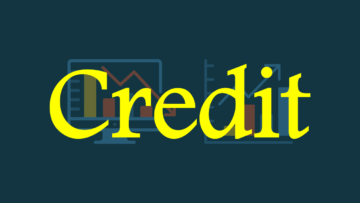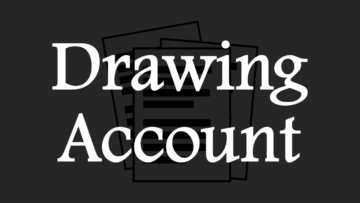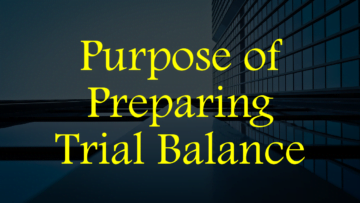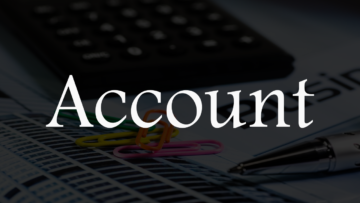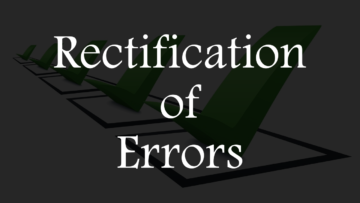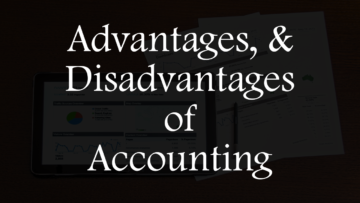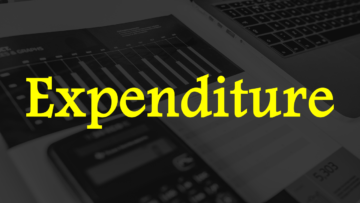Many things are required to run a business like products, manpower, machinery, and other supporting things, etc. The cost incurred in purchasing all these things is called expense in business. In the case of an asset, depreciation is said to be an expense. With its help, the business carries out its day-to-day work. Note that expenses do not mean wastage of anything, rather the cost of purchasing something in business is called expense. Note that expense is a part of expenditure.
Every business first incurs costs and then earns income through them. Without costs, no business can earn income because unless there is a product, the business cannot transact. There are many types of costs involved in the transaction of a product. Whatever costs are incurred in the transaction of a product are added to the price of the product to offset the cost.
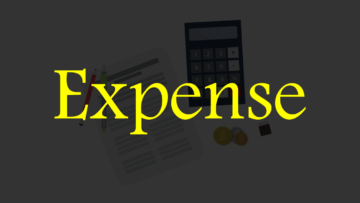
Table of Contents
What is the Expense?
Expense means the cost of purchasing something or the cost of operating a business. This includes product purchases, salaries, wages, depreciation, insurance, interest payments, marketing expenses, office expenses, etc. Expense is divided into two parts one is direct expense and the other is indirect expense, and it is shown on various reports like Manufacturing Account, Trading Account, Profit and Loss Account, etc.
In accounting, different accounts are prepared to record and manage the expenses like Purchase Account, Salary Account, Rent Account, Insurance Account, Depreciation Account, Electricity Account, etc. and in each account, the related expenses are recorded. For example, all purchases are recorded in the Purchase Account, similarly, all salaries are recorded in the Salary Account. Recording expenses in different accounts helps in preparing reports.
Features of Expense
Following are the features of expense:
1. Cost:
Expense is a cost, that helps the business operate; without the expense, a business cannot operate. Expenses include all the costs incurred by the business such as purchasing products, paying salaries to employees, paying transport fares, paying electricity bills, paying building rent, etc. From starting a business to closing it, there are costs involved.
2. Mandatory:
Expense is not optional, it is mandatory because without expense no business can start, operate, and close. It costs to start a business, then it costs to run it, then it costs to close it. For example, purchasing products, moving products, purchasing manpower, and purchasing or renting buildings all involve costs. Note that not all expenses are mandatory, some are also optional, it depends on the nature of the business.
3. Direct and Indirect:
For accounting purpose expenses are divided or classified into direct and indirect. Direct expenses refer to those expenses which occur before the sale of the product and indirect expenses refer to those expenses which occur after the sale of the product. Both types of expenses play important roles in business as one is involved before sales and the other is involved after sales. This classification of expenses helps in cost management.
4. Operating and Non-operating:
Expenses are also classified as operating and non-operating. This classification helps to understand which expenses are operating and which expenses are non-operating. Operating expenses refer to those expenses which are involved in the main activities of the business and non-operating expenses refer to those expenses which are not involved in the main activities of the business.
5. Income Generate:
Expenses help in generating income because income is generated from the transaction of the product for which it is necessary to have the product first and for which the product has to be purchased and purchasing the product is called expenses. Expenses do not just include purchasing the product, but all costs involved in completing transactions and running a business.
6. Fixed and Variable:
Expenses are fixed or variable because there are some expenses that are bound to be incurred which are called fixed expenses like salaries, rent, insurance, etc., and there are some expenses that keep changing or depend on the use which are called variable expenses like purchases, transportation fares, royalty payments, etc. It is very important for any business to know about fixed expenses and variable expenses so that related decisions can be taken at the right time.
Read Also:
QNA/FAQ
Q1. What is the Expense?
Ans: Expense means the cost of purchasing something or the cost of operating a business.
Q2. Is the expense optional?
Ans: No, expense is not optional, it is mandatory.
Q3. Write an example of expenses.
Ans: Following are examples of expenses:
1. Purchase
2. Freight
3. Wages
4. Salary
5. Depreciation
6. Insurance Payment
7. Royalty Payment
8. Printing & Stationery
9. Interest Payment, etc.
Q4. Do expenses help generate income?
Ans: Yes, expenses help in generating income.
Q5. Write the features of expense.
Ans: Following are the features of expense:
1. Expense is a cost.
2. Expense is mandatory.
3. Expense is direct and indirect.
4. Expense is operating and non-operating.
5. Expense helps in generating income.
6. Expense is fixed and variable.


